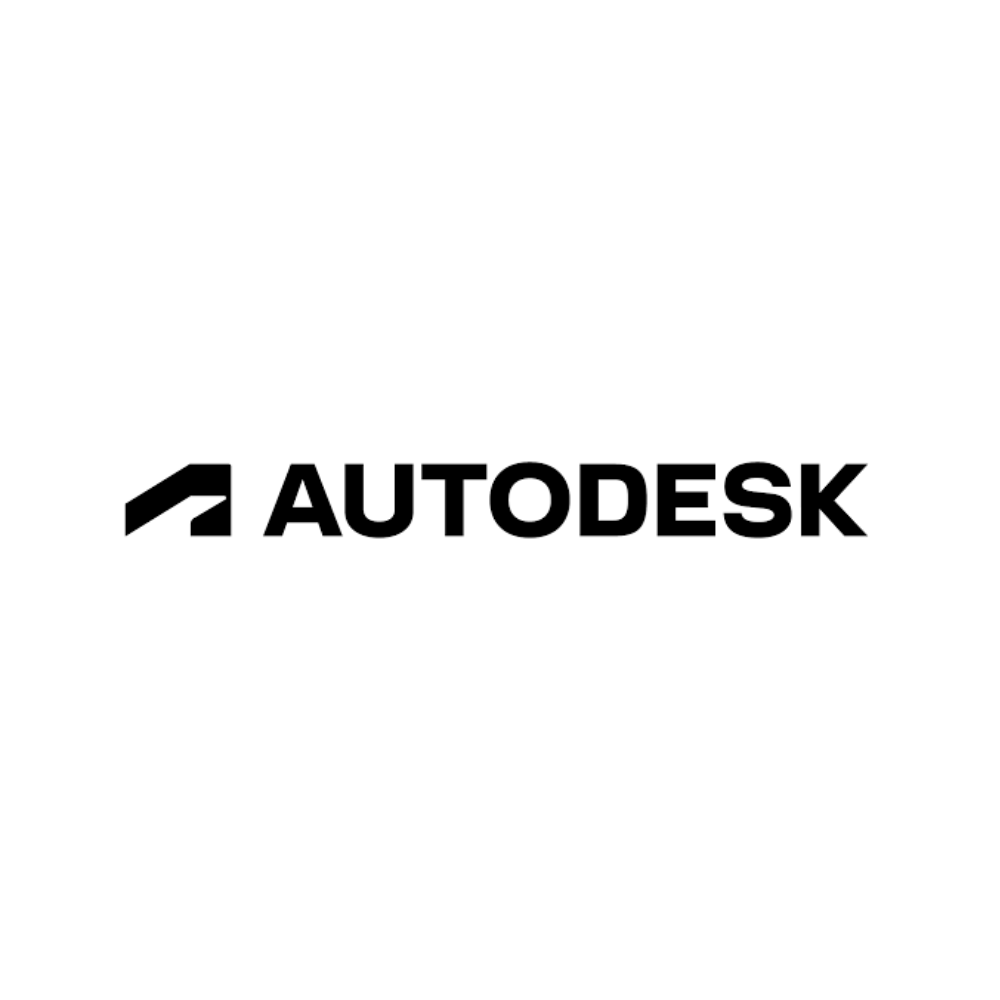Position Overview
We are building the next generation of adaptive industrial robotics applications that integrate perception, intelligent workflow building, and robust execution. This summer, you’ll contribute to building an agentic CAD/CAM digital to physical fabrication automation. Using MCP, and various digital design data processing tools and adaptive robotic machine tending and milling tools, an automation process/pipeline to go from a digital design (CAD and CAM) to the physical manifestation of the design (i.e. fabrication) will be created. This will be an exploration of the potential of using agents for user friendly custom automation implementations. This role is onsite in San Francisco.
About the Role
- Work at the intersection of robotics, AI, and human-centered design, contributing to applications that move beyond demos into scalable, real-world deployments
- Gain hands-on experience with perception-driven robotics, simulation environments, and adaptive workflows powered by LLMs and agentic AI
- Collaborate with a cross-functional team of roboticists, AI researchers, and UX designers to push the boundaries of what’s possible in adaptive industrial robotics
Responsibilities
- Help develop and implement the MCP architecture
- Extend existing digital tools (e.g. data conversion, gcode generator/post processors, robotic grasp generators) and physical tools (e,g. adaptive robotic systems) with appropriate APIs for the MCP architecture
- Scope and build out a demonstration of an agentic created workflow piecing tools to accomplish an automated CAD to physical fabrication of simple shapes
Minimum Qualifications
- Current full-time MS or Ph.D. student in Robotics, Computer Science, or a related discipline at an accredited institution, with at least one academic term remaining after the internship
- Hands-on experience with robotics software development and familiarity with established platforms
- Background in machine learning and its applications in robotics
- Strong interest in agents and MCP
- Strong foundation in software engineering, software design principles and architecture, and systems engineering
- Proficiency in both simulation-based development and real-world hardware implementation
- Excellent programming skills, with fluency in Python and C+

